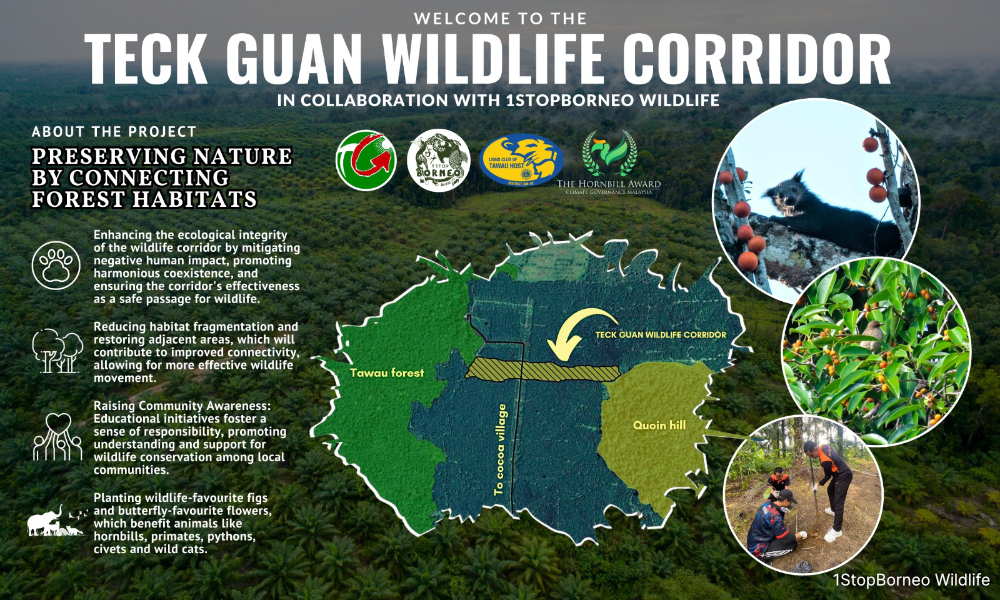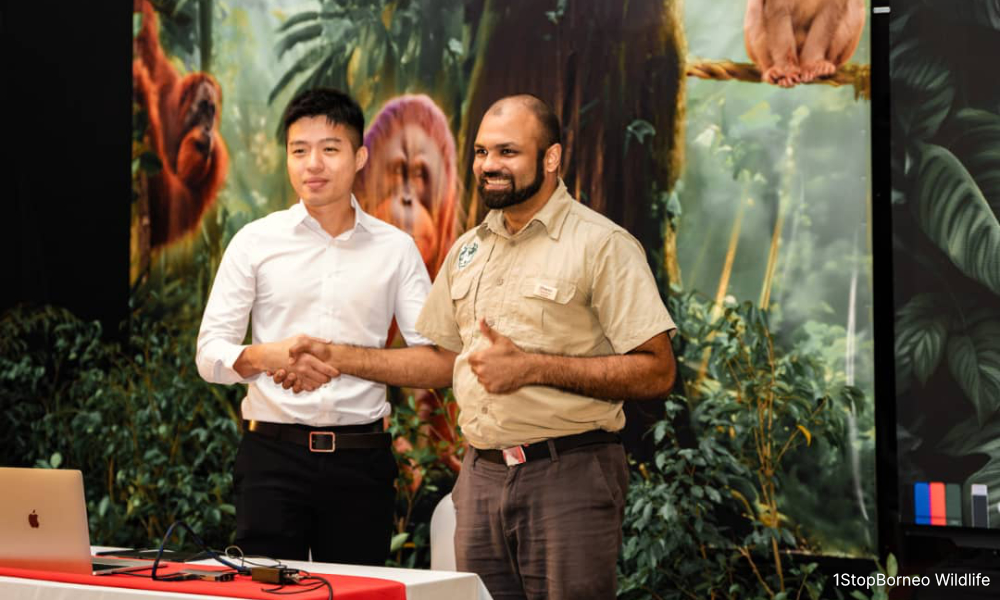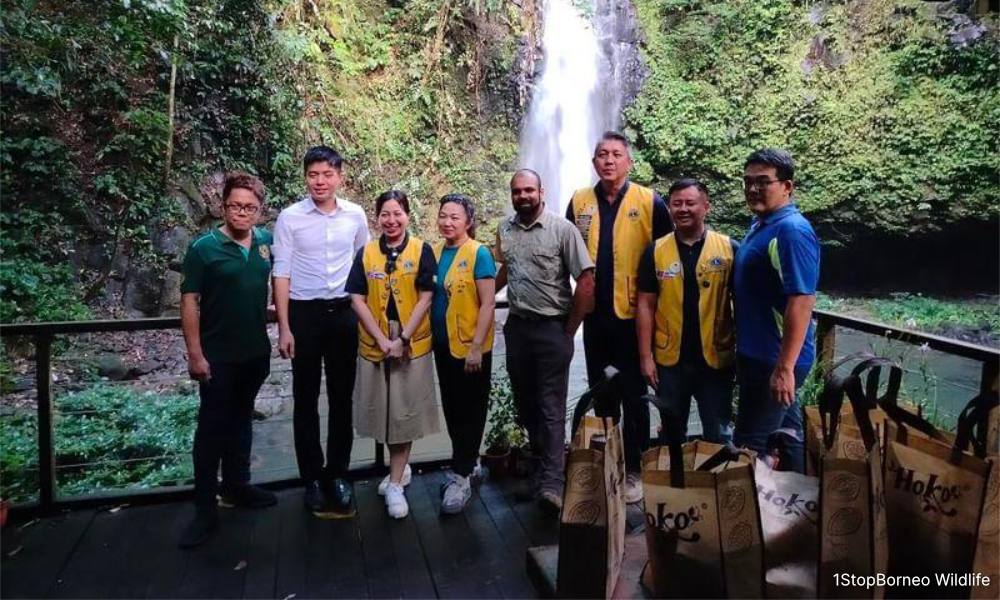Fig trees and flowers planted to form a 1.2km corridor through a vast oil palm plantation in Tawau, Sabah, have created a safe passageway for wildlife.
The Teck Guan Wildlife Corridor, launched this week, is the latest among collaborations between large plantation owners and conservationists to protect wildlife impacted by large-scale agriculture.
At the launch event on April 22, Teck Guan executive director Avito Hong said the project shows how “small forest pockets” can transform into thriving ecosystems within a few years and serve as a “lifeline” for local wildlife.
Wildlife expected to benefit from the corridor include gibbons, orangutans, hornbills, wild cats, porcupines, pythons, fruit bats, deers, and red leaf monkeys.
The Teck Guan group owns 30 plantation estates in Sabah, totalling over 10,000 acres (4046ha).
The wildlife corridor in its Tawau estate acts as a connector between the Tawau Forest and Quoin Hill and reduces the impact of forest fragmentation.

Some 500 plants, including various species of figs, were planted in the corridor last month by Teck Guan and local partners, with more to come.
The local partners include conversation groups 1Stop Borneo Wildlife, Bringing Back Our Rare Animals (Bora), Onetreeplanted, and Hornbill Awards, charity group The Lions Club, and individuals such as conservationist Quentin Philippes, who contributed funds and expertise.
Corporation-conservationist joint effort
1Stop Borneo Wildlife’s Shavez Cheema said the idea for the corridor was by the conservation group and Teck Guan.
“(The conservationists ) brought in plants, expertise, and knowledge, and created the initiative, as well as provided some funding for various other projects.
“As land owners, Teck Guan were the idea initiators and helped with the planting and maintenance, as well as nursery space,” he said.

Bora was especially instrumental in contributing their expertise on growing specific types of plants to attract wildlife to use the corridor, as well as supplying the plants required.
At the corridor launch event, a letter of intent was signed by the parties, along with a site visit to the corridor and the soon-to-be-opened waterfall cafe in Teck Guan’s Cocoa Village, bordering Tawau Forest.
Wildlife corridors and small reforestation efforts have been touted by experts as ways to assist wildlife amid growing deforestation and forest fragmentation caused by large-scale agriculture.
“This (approach) of getting more plantations involved could be a tidal change in conservation.
“I hope this will have a pioneering effect and groups like (Teck Guan) should be applauded,” Shavez said.

Earlier, timber company Sabah Softwoods turned part of its plantation in Tawau into a wildlife corridor connecting elephants and other wildlife in the Ulu Kalumpang Forest Reserve to the larger Mount Louisa Forest Reserve.
As a result, crop damage costs went down from about RM500,000 in 2004 to just RM5,000 in 2018, the company found.
The wildlife crossing is also a conservation tourism product now. Some 60-80 elephants use the corridor daily.
This allows 1Stop Borneo Wildlife to charge tourists to watch them from a safe distance, generating funds for conservation work. - Mkini




No comments:
Post a Comment
Note: Only a member of this blog may post a comment.